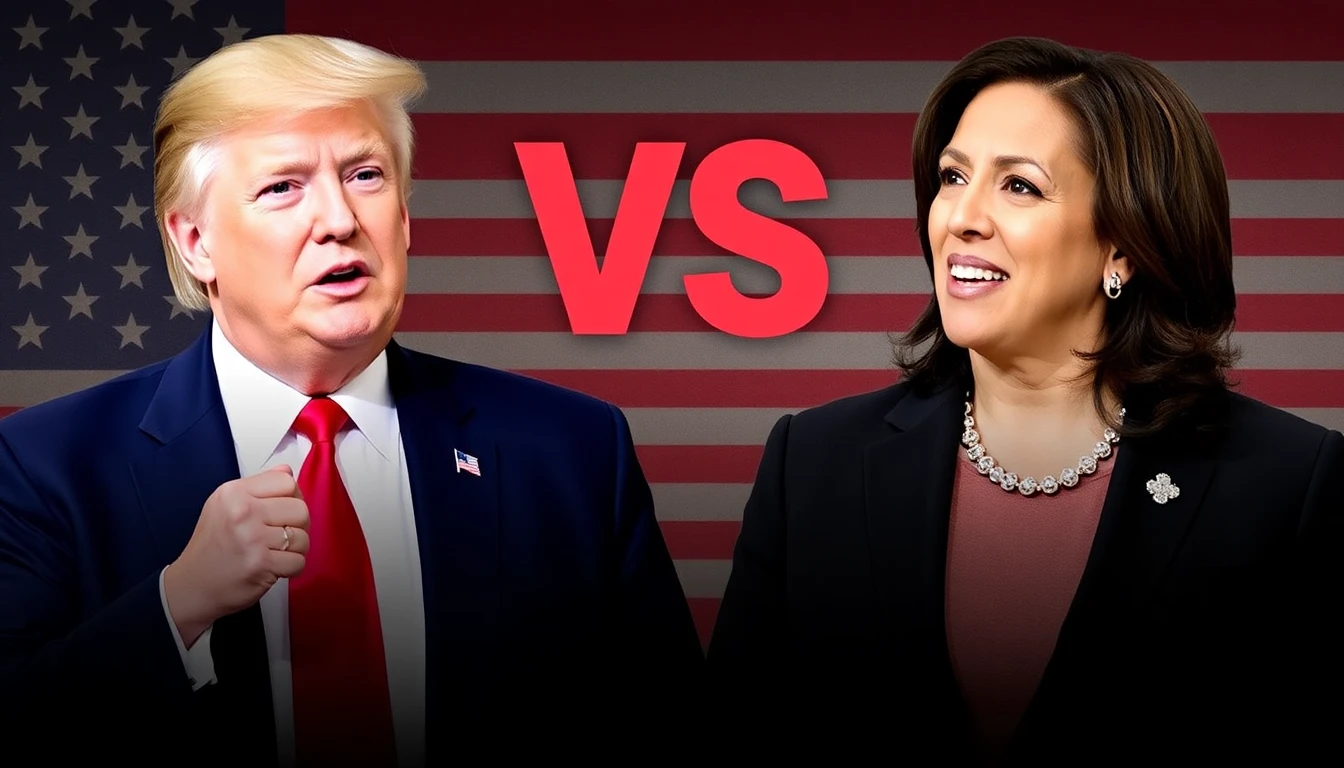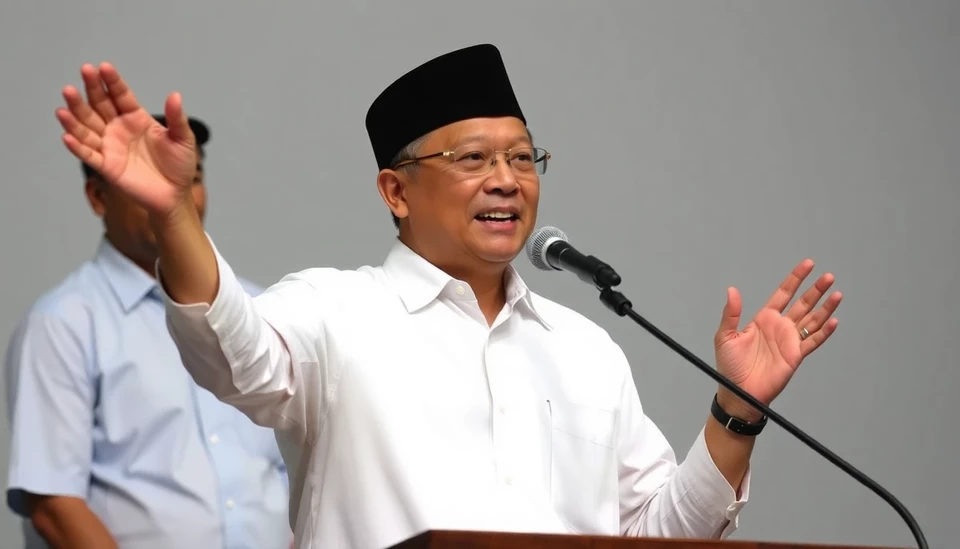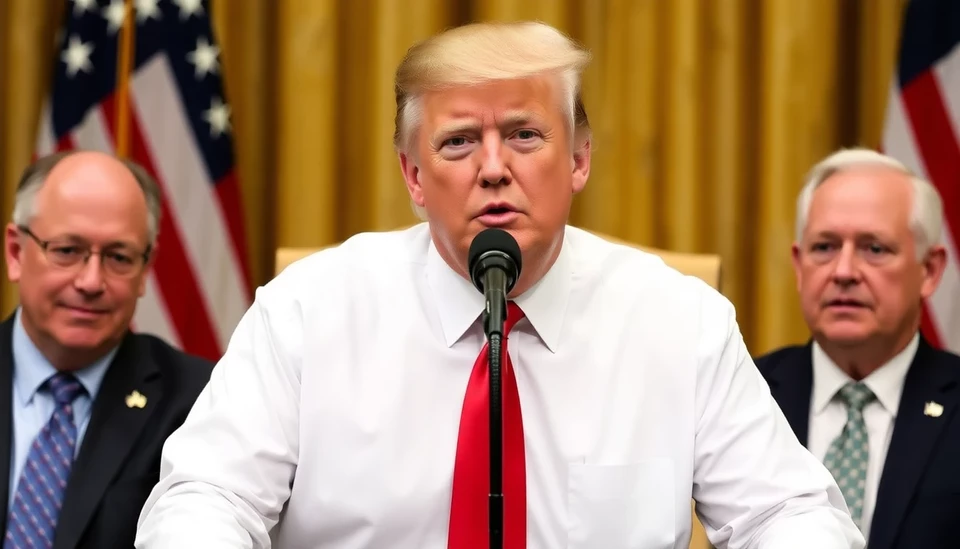
As the competition for the presidency heats up in 2024, the economic strategies of former President Donald Trump and Vice President Kamala Harris come into sharp focus. Each candidate represents a very different kind of blueprint for the country's financial future, offering the electorate a very stark choice between divergent routes for economic prosperity and stability.
Donald Trump is campaigning on a return to the policies that distinguished his first term. At the center of his platform are steep tax cuts, deregulation, and a focus on fossil fuels to help revitalize American manufacturing and energy independence. Trump says these things are vital to creating jobs, making firms stronger, and extending economic growth before the pandemic.
On the other hand, Kamala Harris is proposing progressive reforms in the name of equitable economic growth. An investment in renewable energy, increased social spending, and stronger protection for workers form the backbone of Harris's plan. Harris argued that such initiatives are important in building a resilient economy with wider American benefit while squaring up against longstanding inequities.
Economic analysts and think tanks alike study the potential impacts of both plans. Trump's strategies, analysts said, may stimulate some short-term economic activity but also widen fiscal deficits and worsen the challenges to be brought about by climate change. Harris's proposals, while promising, ensure long-term sustainable growth and environmental benefits but may face challenges relating to funding and political feasibility in a divided Congress.
Not only would the election be a test of political will, but it would also be a referendum on what direction the US economy should go. And as Americans consider their options, the dueling visions of Trump and Harris are solidifying into proposals that would have significant effects on the economic future of the nation.
#Election2024 #DonaldTrump #KamalaHarris #Economy #EconomicPolicy #TaxCuts #RenewableEnergy #SocialSpending #USPolitics #Bloomberg
Author: Rachel Greene




